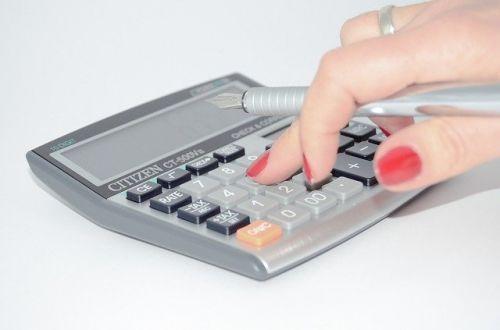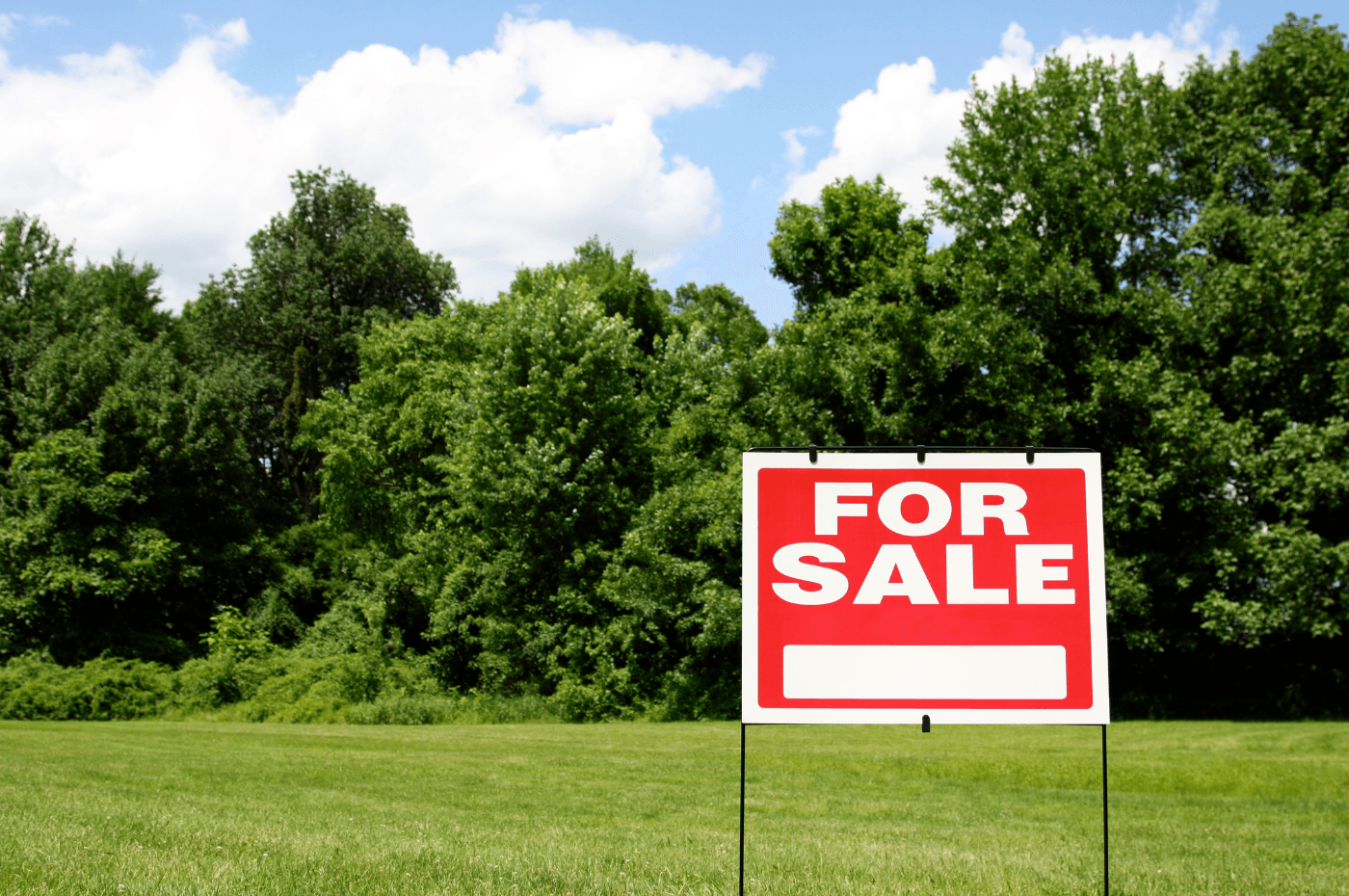Like any other purchase, selling land is a process that requires preparation. Some steps are essential, others optional, but all add to a win-win transaction.
Do you want to sell your land but don't know where to start? Here are some checkpoints to add to your to-do list so you're ready for your first visits.
What are the essential steps and tasks involved in selling land?
To complete your real estate transaction, there are several steps you'll need to take, as outlined below.
Marking the lot
One of the first things potential buyers will be interested in is the area and boundaries of the property. If your property has not yet been registered within the land registry, this is an essential step.
Boundary determination is an operation that allows you to permanently demarcate your land. It can only be done by a surveyor.
But don't confuse staking with boundary marking. While staking provides visual reference points for property lines, it has no legal value.
Unlike staking, which involves only the applicant, boundary determination involves all of your immediate neighbours. Discuss it with them to make sure it can be done amicably.

Photo: Freepik.com
Obtaining a certificate of location
The Quebec Civil Code requires that the buyer be provided with several documents held by the seller. The certificate of location is one of them.
Essential to any real estate transaction, this document can, depending on the case, validate the conformity of the property or reveal important irregularities that must be known before the purchase. It will also provide details of any easements and rights of way that you may benefit from or that apply to your property.
As with boundary determination, if you don't have a certificate of location, you'll need to hire a land surveyor to prepare one.
Find an appraiser to value the land
You'll need to know market prices to estimate the market value of your land properly and, by extension, your selling price. Too low and you'll lose money. Too high and you'll scare off potential buyers.
A certified appraiser or real estate agent is the right expert to help you determine a fair price.
Write your ad with the help of a real estate agent
The expertise of a real estate professional is just as useful when selling land as it is when selling a house. As mentioned above, an agent can help you determine the market value of your property.
But there are other advantages to selling with the help of a real estate agent that we invite you to discover.
What information do I need to know when putting land up for sale?
The buyer can easily do the following checks. However, this information is very useful in determining your selling price. That's why it's a good idea to know them before you start the transaction.
Know your zoning
Municipalities maintain a land registry that identifies zones that can and cannot be developed: this is known as "zoning". This zoning then determines what types of construction are allowed in which areas.
Owners can always ask to change the zoning of their property. However, this is a lengthy process.

Buildable land vs. unbuildable land
When selling your land, it's important to distinguish between buildable and unbuildable land, as this status can affect the selling price and buying opportunities.
A piece of land is considered buildable if the local zoning regulations allow it to be built on according to the use allowed by the zoning.
A non-buildable parcel is a land on which building is prohibited. This can be the case for various reasons, such as the presence of a risk zone, the preservation of a natural area, etc.
It is possible to sell an unbuildable lot, but the price will generally be lower than that of a buildable parcel. What's more, its future use will be restricted, although it can be used for certain types of projects.
The tax treatment of building and non-building land can also vary.
In the case of agricultural land
The sale of agricultural land has its peculiarities, especially regarding strict and complex zoning restrictions. Acquired rights must also be taken into account following current legislation.
To get a clearer picture, don't hesitate to hire an industry expert to guide you through the sale process.
Check serviceability
In addition to zoning, you should also check with your local government to see if your property is serviceable. In other words, the possibilities for access to public services such as roads, water, sewer and electricity if your land is not already connected to these networks.
How do I sell a non-connected lot?
If you want to sell a lot that is not connected to public services, you should be transparent from the beginning. It's important to explicitly state in your ad that the land is not serviced so that a potential buyer doesn't have any unpleasant surprises.
Because of the extra steps involved, an undeveloped lot may be worth less. However, it may be of interest to certain investment-minded buyers, such as a developer looking to capitalize on its development potential.
Soil analysis
In addition to zoning and serviceability, the value of your land depends largely on the quality of the soil.
You can hire a professional to certify that the soil is not contaminated. This will reassure the prospective buyer. What's more, knowing whether the soil is clay or rock will help you estimate construction costs.

What are the potential costs and financial implications of selling land?
While a sale is generally a win-win situation, when it comes to real estate, there are costs involved. In addition to the potential costs related to the land surveyor and certified appraiser, here are some additional charges you may need to consider.
Is the sale of land taxable?
The sale of unoccupied land is not subject to GST/HST and QST unless the land is divided into more than two parts.
Taxation of land
If you make a profit, some of it will be taxable. Half of this capital gain (50 %) must be included in your income tax return for the year.
How can I avoid paying taxes on the sale of land?
Certain situations may allow you to benefit from a tax exemption. For example, if your land is expropriated for a public purpose, if you donate it to a relative, or if you sell it to a social housing organization.
However, we recommend that you consult a tax professional for advice specific to your situation.
Impact on your mortgage
Selling your parcel of land may also affect your mortgage if you have one. Remember that you'll have to pay off your mortgage balance. This prepayment will result in the payment of penalties, which could be costly.
Contact your financial institution to review your situation and find out exactly what to expect in terms of penalty fees.
Notary fees
In a real estate transaction, the notary is usually chosen by the buyer, who pays most of the costs. However, depending on the situation, you may be required to pay certain notary fees.
Do you want to sell your land?
XpertSource.com can help you find a real estate broker. When you tell us about your project, we put you in touch with qualified resources for free. Simply fill out our form (it only takes a few minutes) and we will connect you with professionals.

